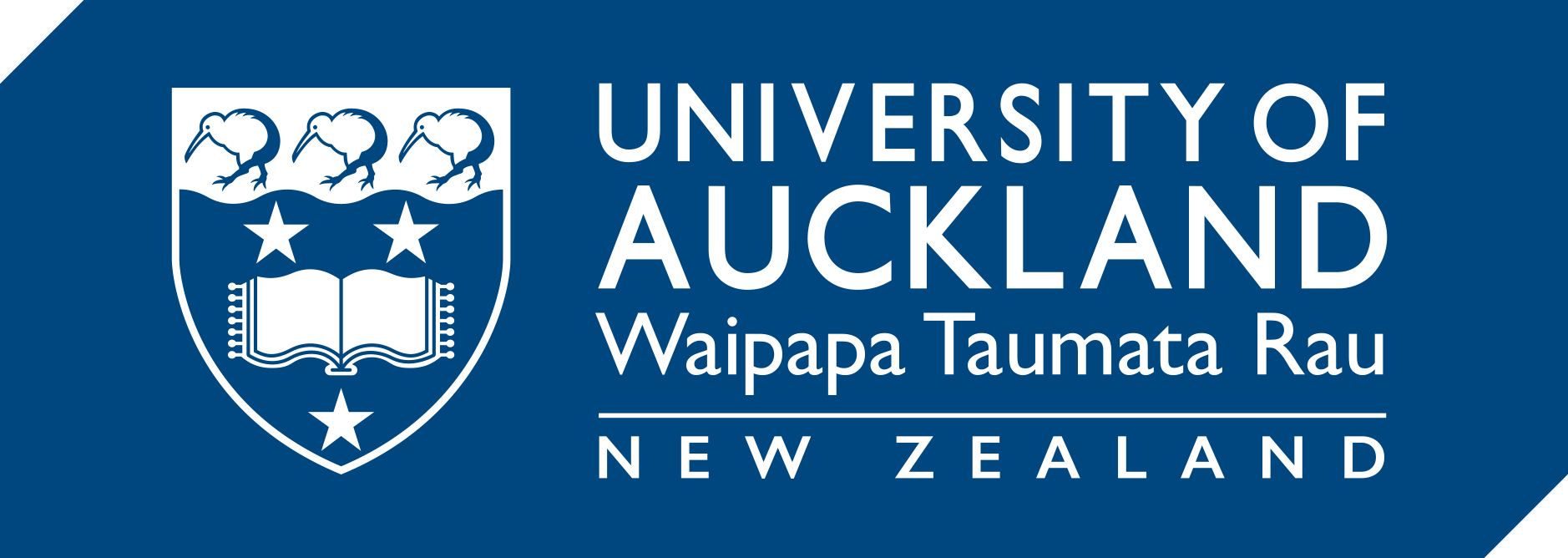REMOTE SENSING SPECIAL ISSUE ON
Applications of Remote Data Capture Systems in Agriculture and Vegetation
As we have witnessed for decades, high-quality sensing systems and high-fidelity datasets play a pivotal role in agricultural scenarios. As one testimonial, high-resolution, and multi- or hyperspectral vegetation images promise to help to identify and distinguish early-stage vital crop diseases through state-of-the-art data-driven machine learning approaches. This, in turn, leads to preventing wide spreading at an early stage (e.g., golden time) and ultimately helps to increase total yield estimation.
Multimodal sensing systems and datasets can also significantly enhance the performance of machine learning methods by providing a more discriminative and abundant source of information such as metadata (e.g., spatial and temporal seasonal temperature estimate) or bandwise imageries and LiDAR information.
Within this context, remote sensing since the early stage of agriculture has been considered one of the major sources of data for subsequent analysis, such as predictive and prescriptive analytics and plant phenotyping. Furthermore, the recent glory of deep learning and artificial intelligence have been built upon large volumes of datasets in diverse environments such as on-/off-farm (e.g., fruit logistic industry) or laboratory settings. In this sense, remote data capture systems in agriculture and horticulture serve as an important supplier by feeding essential data in a timely manner.
This Special Issue of Remote Sensing will be focusing on the current advances and applications of remote data capture systems in agricultural scenarios. Papers are solicited on all areas directly related to these topics, including but not limited to:
- Approaches to cost-effective sensing for day/night continuous operation;
- Multimodal sensing using heterogeneous sensors in remote agriculture location;
- Aerial and ground data capture approaches in agriculture and precision farming;
- Sensor suite for soil/crop monitoring, prediction, and decision making;
- Theoretical and empirical data-driven techniques, including machine learning;
- Satellite imagery for environmental and agricultural applications;
- Sensing and yield estimation in precision agriculture;
- Horticultural (fruit and flower) data capture using vision or multimodality sensors (e.g., LiDAR and vision);
- Approaches to cost-effective sensing for day/night continuous operation;
- Long-term spatiotemporal data capture in unstructured farming environments;
- Proprioceptive and exteroceptive sensing for soil preparation, seeding, crop protection, and harvesting;
- Adaptive sampling and informative data collection;
- Adaptive technologies that manage plants, soil or animals according to as-sensed status;
- High-fidelity agricultural dataset for supervised and unsupervised deep learning.
Submission Instructions
Manuscripts should be submitted online at www.mdpi.com by registering and logging in to this website. Once you are registered, click here to go to the submission form. Manuscripts can be submitted until the deadline. All papers will be peer-reviewed. Accepted papers will be published continuously in the journal (as soon as accepted) and will be listed together on the special issue website. Research articles, review articles as well as short communications are invited. For planned papers, a title and short abstract (about 100 words) can be sent to the Editorial Office for announcement on this website.
Submitted manuscripts should not have been published previously, nor be under consideration for publication elsewhere (except conference proceedings papers). All manuscripts are thoroughly refereed through a single-blind peer-review process. A guide for authors and other relevant information for submission of manuscripts is available on the Instructions for Authors page. Remote Sensing is an international peer-reviewed open access semimonthly journal published by MDPI.
Please visit the Instructions for Authors page before submitting a manuscript. The Article Processing Charge (APC) for publication in this open access journal is 2400 CHF (Swiss Francs). Submitted papers should be well formatted and use good English. Authors may use MDPI’s English editing service prior to publication or during author revisions.
Important Dates
- Paper submission: February 22, 2022
Guest Editors
- Inkyu Sa, Queensland Centre for Advanced Technologies, AUS
- Marija Popović, Rheinische Friedrich-Wilhelms-Universität Bonn, Germany
- Ho Seok Ahn, University of Auckland, New Zealand (hs.ahn[at]auckland.ac.nz)
